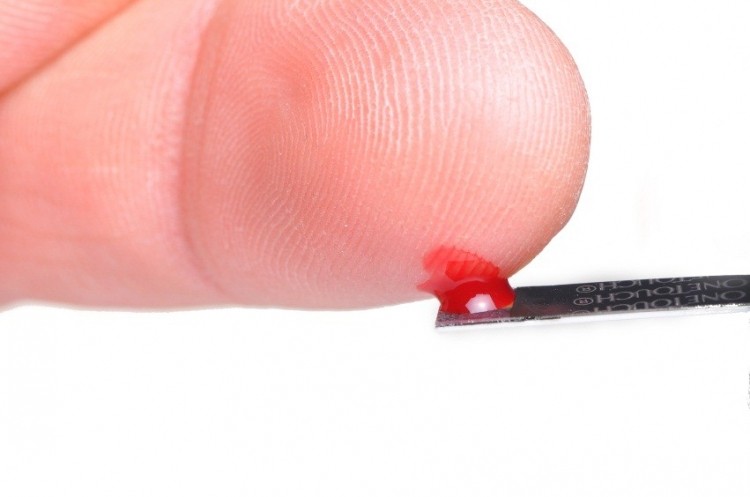Niagen shown to be effective against diabetes complications in mice

Nicotinamide riboside, a form of vitamin B3, is being developed by analytical testing firm and ingredient supplier ChromaDex under the brand name Niagen. These results, while trending toward pharmaceutical end points and meant to support the development of the ingredient as a drug, still have great relevance in the ingredient’s parallel life as a , said ChromaDex CEO Frank Jaksch.
“We are to be going down the pharmaceutical path with Niagen. Blood sugar and obesity are what we are going to be focusing on. But in the supplement realm, all of this stems from boosting the NAD level and this study is another big validation of this,” Jaksch told NutraIngredients-USA.
ChromaDex’s past work on Niagen has shown that the ingredient boosts production of NAD+, which is an essential metabolite required for cell energy production. Aging, a sedentary lifestyle and overeating can cause a decline in NAD+ levels. This negatively impacts the efficiency and function of the mitochondria, the energy-producing machinery of the cells. A decline in mitochondrial function is postulated to be one of the main mechanisms in aging.
Study details
The researchers set about trying to assess Niagen’s protective effects in mice, including one group of mice with induced type 2 diabetes, another with induced pre diabetes and a third control group. The researchers raised lab mice on high fat diet so that they became pre diabetic and developed insulin resistance and sensory neuropathy. The same type of mice given low doses of streptozotocin are a model of type 2 diabetes (T2D), developing hyperglycemia, severe insulin resistance and diabetic peripheral neuropathy involving sensory and motor neurons.
Because of suggestions that increased NAD(+) metabolism might address glycemic control and be neuroprotective, the researchers treated pre diabetic and T2D mice with nicotinamide riboside in addition to the standard high fat diet. Niagen improved glucose tolerance, reduced weight gain, liver damage and the development of hepatic steatosis in pre diabetic mice while protecting against sensory neuropathy. In T2D mice, Niagen greatly reduced non-fasting and fasting blood glucose, weight gain and hepatic steatosis while protecting against diabetic neuropathy.
Previous work sponsored by ChromaDex has shown that mice supplemented with Niagen lived longer than a control group. Taken together, these recent results will help to boost the ingredient’s healthy aging positioning, Jaksch said.
“There are some pretty big numbers of people that suffer from these conditions. Seven of ten,” Jaksch said.
Niagen also protected the mice against peripheral nerve damage, or neuropathy, a common, serious complication of pre diabetes and T2D. Peripheral nerves control touch and pain sensing in the limbs, fingers, and toes. Damage to these nerves can be painful, and can progress to a loss of sensation that allows injuries to go unnoticed. According to the National Institute of Diabetes and Digestive and Kidney Diseases, about 60% to 70%of people with diabetes have some form of neuropathy. Peripheral neuropathy is a leading cause of diabetic foot ulcers and limb amputation in people with T2D.
While it’s hard to see how that information could underpin a structure/function-type claim, it could fit in with the health aging positioning, Jaksch said.
“If you keep NAD levels up you have a good chance of reversing some of that age-related damage,” Jaksch said.
Source: Scientific Reports
“Nicotinamide Riboside Opposes Type 2 Diabetes and Neuropathy in Mice.”
2016 May 27;6:26933. doi: 10.1038/srep26933
Authors: Brenner C, Kardon R, Yorek M, Trammell, S.








